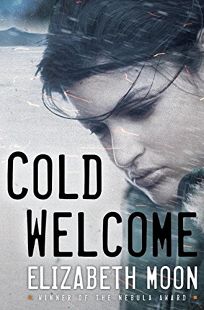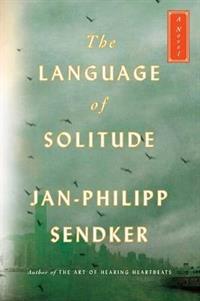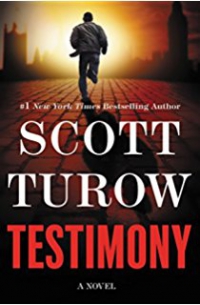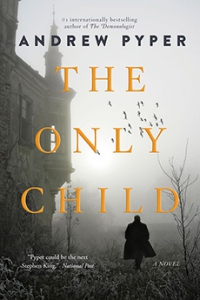Shadow Man by Alan Drew
 Wednesday, May 31, 2017 at 10:41AM
Wednesday, May 31, 2017 at 10:41AM 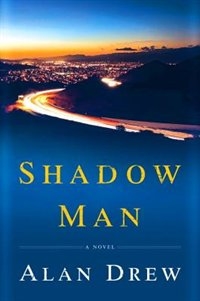
Published by Random House on May 23, 2017
Shadow Man is a crime novel, but like all good novels, its focus is on how people respond to the forces that shape their lives. Two plot threads intersect. One involves a serial killer, the reliable fall guy of crime fiction, but the killer is only a prop to keep the story moving as Alan Drew deals with the deeper human drama of broken relationships, parenthood, and child abuse. The other plot involves a school’s swim coach who has a history of sexually abusing vulnerable members of the swim team.
Most novels about serial killers and sexual abusers are superficial and melodramatic. They exploit the subject matter to induce outrage, but they rely on stereotypes rather than nuance. Shadow Man is more insightful in its grasp of human nature than most crime stories that address sexual abuse. In fact, it is more insightful than most crime novels, period. Shadow Man won’t appeal to readers looking for a dumbed-down, fast-moving thriller with a tough guy protagonist who fights eight men at a time, lovingly describes his guns, and has never entertained an unconventional thought or a moment of self-doubt. I enjoy books like that if they’re well written, but I always prefer to read a novel that takes the time to establish setting, atmosphere, and characters. Shadow Man does all of that while still delivering an engaging, multifaceted plot.
Ben Wade enforces the law in a planned community called Rancho Santa Elena, where in the mid-1980s, serious crime is virtually nonexistent. Ben lives at the edge of town with (sometimes) his daughter, in the cowboy ranch where he grew up, having returned after a stint with LAPD. Ben has a troubled relationship with his ex-wife and nearly everyone else in his life. He’s having difficulty adjusting to the fact that his daughter is growing up. Ben is a complex character who spends the novel wrestling with demons from his past as he tries to decide whether the time has come to reveal the secrets that have shaped his adulthood.
Ben is asked to assist with a body in nearby Mission Viejo, a death by strangulation, perhaps the latest victim of a serial killer. Before long, he’s investigating more deaths, some of which match the serial killer’s signature, although the death of a teenage boy, the son of migrant workers, is quite different. That one takes Ben back to his high school years, reawakening memories of a small town that is intolerant of anyone who doesn’t fit the bigoted standards of the community.
Shadow Man doesn’t deliver the artificial thrills of car chases and shootouts, but it does develop and hold a steady level of tension. The story moves quickly but not so quickly that important elements of atmosphere and characterization are neglected. Ben’s observations about rural California’s transition in the 1980s from cowboy country to gated communities contributes to a strong sense of time and place. The story stands out, however, for its portrayal of Ben’s troubled childhood and how those troubles have shaped the fears that plague him as an adult. Even minor characters wear their pain realistically as they struggle to cope with uncomfortable truths. The serial killer is almost a minor character, which I found refreshing, and he is developed in a way that avoids the common serial killer stereotypes. Not many writers do literary crime fiction well, but with Shadow Man, Alan Drew positions himself in that select group.
RECOMMENDED
